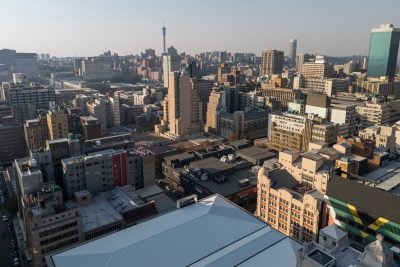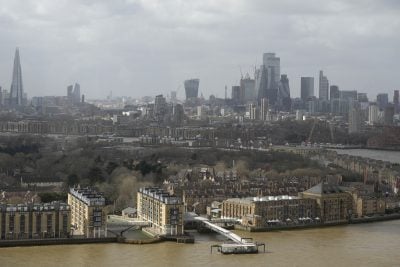One of the biggest recent developments in the African banking sector has been the collapse of African Bank Investments Ltd (Abil) and the accompanying fallout for other South African banks.
In December, the company raised R5.5bn ($387m) in a rights issue to support its balance sheet and in August it announced that it was expecting a full year loss of at least R6.4bn ($380m).
Chief executive Leon Kirkinis announced that the bank needed R8.5bn ($597m) to continue operating. He then resigned and the company’s share price collapsed. In August, the Reserve Bank announced that Abil would be placed under curatorship, with Tom Winterboer nominated as its curator, with the power to run it in the short term. An investigation into the company’s operations is to be held to determine the cause of its collapse and to decide whether its management were “reckless, negligent or fraudulent”.
The commission of inquiry is required to submit its findings within six months. Following in the footsteps of the UK and US, among others, the bank’s rescue plan involves dividing the bank’s assets between a ‘good bank’ and a ‘bad bank’.
The latter has been bought by the Reserve Bank for R7bn ($492m), although its assets were worth a nominal R17bn ($1.2bn). The former will form the asset base of a new African Bank that will be relaunched in a new form early next year and which will seek a listing on the Johannesburg Stock Exchange. The new bank has a loan book worth R26bn ($1.8bn). Six other South African banks, FirstRand, Standard Bank, Barclays Africa, Nedbank, Investec and Capitec, have underwritten a R10bn ($703m) capital injection into the ‘good bank’.
FirstRand chief executive Sizwe Nxasana has been named as the official spokesperson of the six-bank consortium. He said: “We are there to support and make sure there is a resolution process which is well managed, well executed and does not create a contagion for the rest of the system.”
He added that the six banks may not want to take equity stakes in the new bank, which could even be bought out by a third party. Winterboer said: “If there are some interested parties and the consortium finds it palatable, we will obviously look at it.”
As a result of the Abil crisis, credit ratings agency Moody’s downgraded the rating of Standard Bank, Absa, FNB and Nedbank by one level to Baa1. Other analysts said that the situation at Abil did not have any major implications for the financial health of South Africa’s other big banks. Standard & Poor’s (S&P) credit analyst Matthew Pirnie said: “At the moment they are on a stable outlook and we’ve got no plans in the immediate future to change the ratings on institutions outside an economic shock or an industry wide shock”.
S&P argued that the prompt action of the Reserve Bank and other private banks had limited the risk of contagion. S&P had previously downgraded its South African sovereign rating – the risk rating given to debt held by the government. Pirnie adds: “We have not placed government support into the ratings of South African banks because the banks are pretty good in comparison to the country they operate in. We don’t believe the African Bank failure poses a systemic risk.”
Want to continue reading? Subscribe today.
You've read all your free articles for this month! Subscribe now to enjoy full access to our content.
Digital Monthly
£8.00 / month
Receive full unlimited access to our articles, opinions, podcasts and more.
Digital Yearly
£70.00 / year
Our best value offer - save £26 and gain access to all of our digital content for an entire year!
 Sign in with Google
Sign in with Google 


